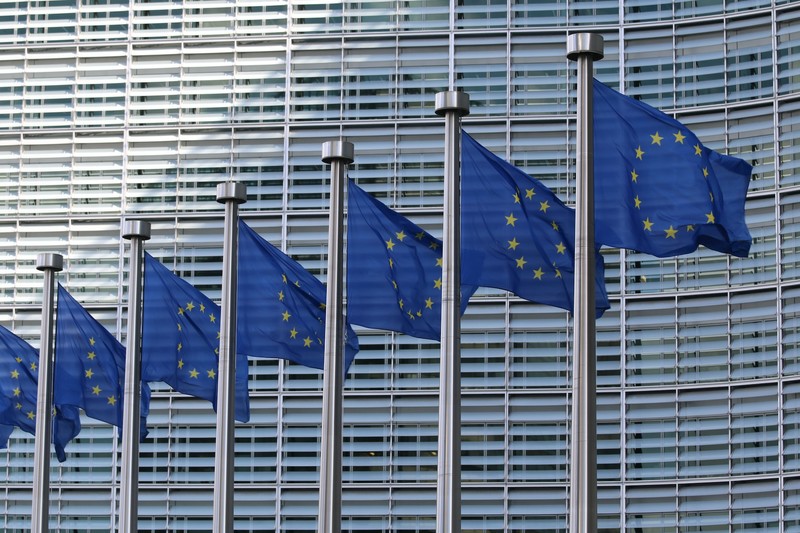European Union countries agreed on the details of the world’s first carbon border tax over the weekend, a deal one negotiator described as “the biggest climate law ever in Europe,” per the Financial Times.
What happened: The EU’s new Carbon Border Adjustment Mechanism (CBAM) will force companies to pay a tax on goods imported from countries without carbon pricing.
- The CBAM is designed to protect European industry, which is now subject to a heavy carbon tax, from foreign competitors who do not have to pay a carbon tax in their country.
- For example, a European carmaker that wants to buy steel from a non-EU country will have to pay a carbon border tax on the imported steel, with the amount they pay linked to how much carbon tax a European steelmaker would have been charged.
Why it matters: If successful, the EU plan could be a model for governments that want to pursue aggressive climate goals without exposing their domestic industry to lower-cost foreign competition.
Yes, but: The carbon border tax has drawn heavy criticism from countries outside the EU, who argue it violates global trade rules and punishes developing countries.
- The US and other wealthy countries without carbon taxes fear that the CBAM will lead to more cheap imports flooding their markets rather than the EU, threatening domestic businesses.
- And developing countries typically don’t have the resources even to measure carbon emissions (let alone tax them), which could limit their ability to sell into the European market.
What’s next: The EU’s carbon border tax is scheduled to take effect next year but could spark retaliation from the bloc’s trading partners and will likely face challenges at the World Trade Organization.
